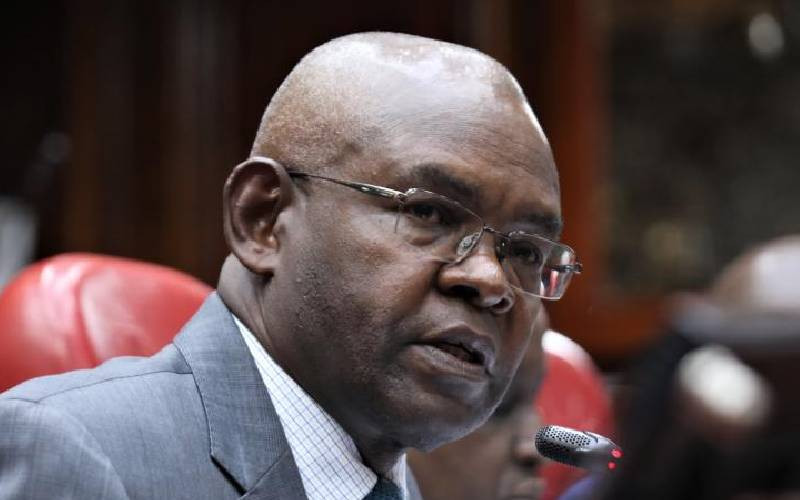×
The Standard e-Paper
Home To Bold Columnists

The Central Bank of Kenya (CBK) yesterday maintained its recent developments regarding the stability of the shilling and its impact on the cost of living, suggesting an end to the economic crisis may be coming into view.
CBK Governor Kamau Thugge issued the bullish projection as the Kenya Kwanza administration made the latest radical attempt to rein in the runaway cost of living crisis by raising the cost of borrowing by a record high last seen 11 years ago.